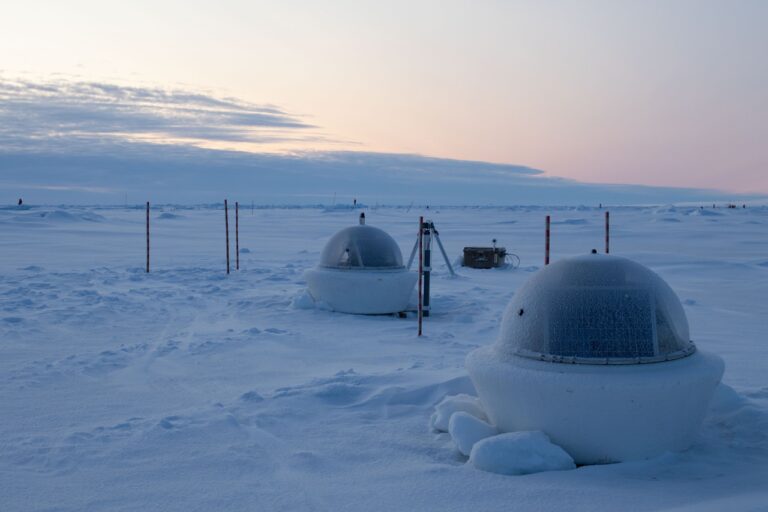The European Union has announced that it will provide Є15m (US$18m) from the Horizon 2020 innovation program to fund the Arctic PASSION project for the period 2021 to 2025.
The Alfred Wegener Institute (AWI) will lead the project alongside a consortium of 35 partners. The project will promote the integration of international environmental observing systems for the Arctic and improve the tailoring of these systems to the needs of various user groups, including local inhabitants, academia, industry and decision makers.
The Arctic PASSION project will officially start on July 1. The name stands for ‘Pan-Arctic observing System of Systems: Implementing Observations for societal Needs’.
“A coordinated and coherent international observation system for the Arctic would be of vital importance for the local and European population alike, as well as for research, politics and the economy. Such a system would make it possible to better monitor the most significant changes, improve forecasting, develop prevention and adaptation strategies, and support sustainable development,” said Dr Michael Karcher, who is an Arctic researcher at the Alfred Wegener Institute, Helmholtz Centre for Polar and Marine Research, and is leading the project.
Arctic PASSION aims to develop an integrated pan-Arctic Observing System of Systems (pan-AOSS) via international collaboration. It will expand and better coordinate the Arctic Earth observation capacity and capabilities for the land, ocean, atmosphere and cryosphere. This will be done through additional measurements and better integration at the international level. For example, the project will establish an international oceanic monitoring network in the Atlantic sector of the Arctic and connect it with a similar existing system in the Pacific sector.
Furthermore, to better adapt the observing system to the needs of the people living in the Arctic, Arctic PASSION will extend it by including indigenous and local knowledge. For example, through a series of panel meetings with local and indigenous communities, scientists, and political and commercial actors, it will define what data is needed and in what form, with the goal to have it routinely collected.
Arctic PASSION will also combine data from the European and international Earth observation programs to provide eight new information services. Concrete examples include a forecasting system for air pollution integrated fire protection management in the Arctic, and improved permafrost monitoring.
“We’re convinced that, by collaborating internationally, the Arctic PASSION team will make significant advances toward establishing a more integrated environmental observation system in the Arctic that will be of use to the community at large,” added Karcher.



